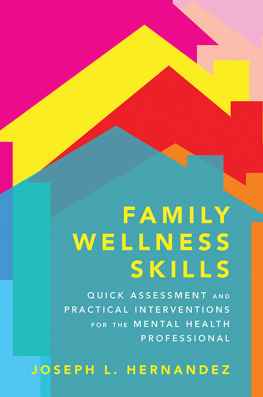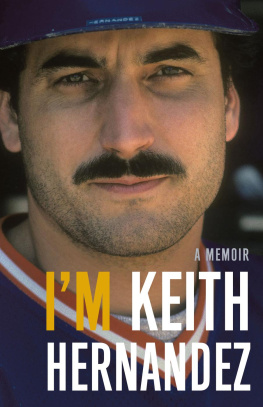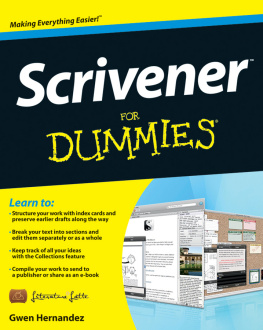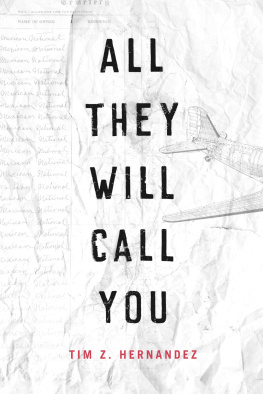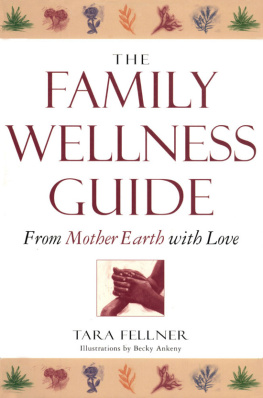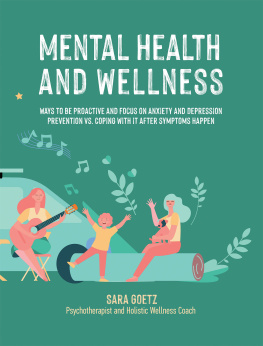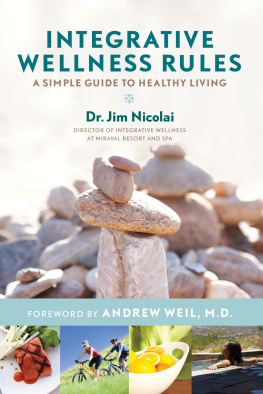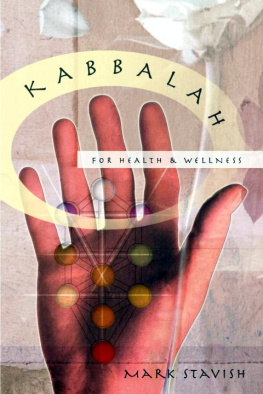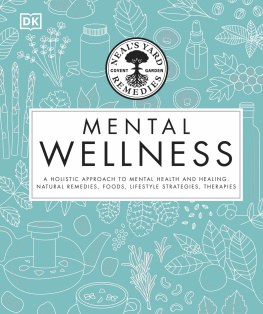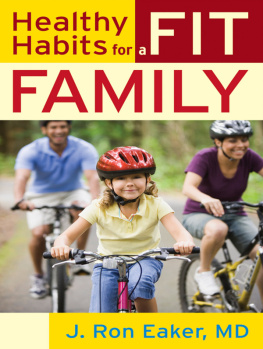
FAMILY WELLNESS SKILLS
Quick Assessment and
Practical Interventions
for the Mental Health Professional
JOSEPH L. HERNANDEZ, P H D

Contents
There has to be a way to get what we know works in psychotherapy to the people who may never darken the doorway of a therapists office.
Private communication between Carl Rogers and George Doub
THE CORE CONCEPTS and set of skills that form the foundation for this book come from an internationally known and highly respected program known as the Family Wellness model. Mental health professionals will learn the Family Wellness model, including a specific set of quick assessment skills and intervention strategies that can be integrated into almost any psychotherapists toolbox. The Family Wellness model is not a distinct psychotherapeutic system. Instead, it is an organized way of thinking about people, families, and organizations that is strength based, intervention filled, and outcome driven. The skills identified in this model can assist professionals in quickly assessing their clients strengths, skills, and needs. The concepts from this model can aid in treatment plan development. The treatment plan will suggest practical interventions that promise increased opportunities for success.
In efforts both to understand the human condition and to ameliorate dis-ease, mental health professionals today utilize one or more of approximately 400 systems of psychotherapy, with varying degrees of efficacy. Clinicians have wildly differing perspectives on what makes people tick. The theoretical orientation of each therapist becomes that professionals worldview with respect to mental health. This orientation gives the clinician perspective on who the clients are, how they got that way, and what it will take for them to get better. No matter what orientation is used, the therapist can incorporate Family Wellness concepts and become even more effective in helping people.
The basic Family Wellness concepts are explored in the following chapters from the perspective of mental health professionals working in the trenches, often with people who are making life-altering decisions, and frequently in a relatively limited time during which clinicians must be effective.
The first section of this book lays out the two jobs that everyone needs to balance in becoming a healthy person: to be an individual and to connect with others. The second section outlines the three skills that individuals must practice to be healthy: speak, listen, and cooperate. The third section describes the three patterns found in healthy couples and families: maintain equal value with parents in charge; keep room to be close and apart; and expect change. The epilogue focuses on the importance of therapists practicing self-care if they are going to be of any lasting use to others.
This introduction details the history of the Family Wellness perspective and the theoretical bases for the model. It also sets the stage for how clinicians using the Family Wellness model can view the major tasks of the psychotherapeutic or people-helping endeavor: assessment, treatment planning, and practical intervention.
HISTORY
The Family Wellness model was developed in 1980 by Virginia Morgan Scott and George Doub.
Virginia Morgan Scott is a licensed clinical social worker who developed the undergraduate schools of social work at the University of Pittsburgh and at San Jose State University, and also taught at San Francisco State University. Virginia underwent extensive postgraduate training in family therapy, systems, Gestalt, and change theories. Her social work training took her to Pennsylvania, where she trained under Salvador Minuchin in his work on structural family therapy at the Philadelphia Child Guidance Clinic. Virginia returned home to Santa Cruz, California, convinced that the concepts being developed in family therapy could be taught, not just experienced in the rarefied environment of a therapists office. Having over a decade of teaching experience, Virginia provided extensive social work training for new therapists and supervision and consultation for experienced clinicians. Her natural professional inclination was toward obtaining an academic understanding of important issues such as power differentials and the relationship of interacting individuals. Her clinical work focused on helping children, adolescents, and adults work through relationship issues and the emotional sequelae of physical, emotional, and sexual abuse. The desire of Virginias heart was to expend energy on prevention rather than on damage control after the fact.
George Doub was a former parish priest, a licensed marriage and family therapist, and a community organizer with a special concern for people from various cultures. He founded Alum Rock Counseling Center in San Jose, California, which is a crisis agency working with at-risk youth (dealing with alcohol, drugs, and school failure), runaway adolescents, and fragile families. Through his spiritual parish work, his psychotherapeutic training, and his organizational acumen, George was able to forge coalitions of individuals, agencies, and entities on behalf of underserved populations. With his boundless energy, visionary prowess, and charismatic communication style, George engaged school systems in working together with his counseling agency on programs involving truancy abatement. He convinced police departments to direct juveniles to counseling instead of juvenile hall in efforts at burglary suppression. He worked with the courts and social service agencies in developing programs to protect children from physical abuse, sexual abuse, and neglect. George was actively involved throughout his life in community efforts to improve the lives of individuals, families, and organizations. In these efforts, George crossed paths and worked with individuals such as Cesar Chavez, Carl Rogers, and Virginia Satir.
Dr. Josette Mondanaro, a physician, was director of the California State Department of Drug Abuse Prevention. Her clinic in Santa Cruz, Wing-spread, worked with drug-addicted families. Dr. Mondanaro asked Virginia Morgan Scott and George Doub to develop a psychoeducational program that would assist the entire family in ameliorating severe dysfunction and would help prevent future family problems. Dr. Mondanaro wanted therapeutic outcomes from an educational model, with an emphasis on prevention rather than palliative treatment. She was frustrated by the fact that children with physical and emotional problems that were caused by the parents substance abuse returned to the family systems that produced the problems in the first place. This vicious cycle produced adolescents who continued in their parents footsteps and procreated new patients for Dr. Mondanaro to treat. This was a job she did not want.
Virginia Morgan Scott and George Doub recognized that the people with the greatest need for therapeutic interventions were often the least likely to seek them out. In the best-case scenarios, these individuals would participate in treatment programs only when ordered by the court and only after severe damage had already been done to themselves or to their families.
One of the inspirations for the Family Wellness model was a conversation between George Doub and the eminent psychotherapist Carl Rogers at a conference in San Diego, California. Carl Rogers lamented that many wonderful advances had been made by psychotherapists, who used their training and skills exclusively in the service of people who came to their offices. Professional psychotherapists were going through increasingly arduous training programs and providing excellent services, but mostly in the privacy of their offices. Those seeking treatment tended to be white upper- and middle-class individuals and families. Carl Rogers wondered together with George if there was any way of translating the increasingly complex therapeutic jargon into everyday language that would be more understandable to people of any socioeconomic status and ethnic or cultural background.
Next page
